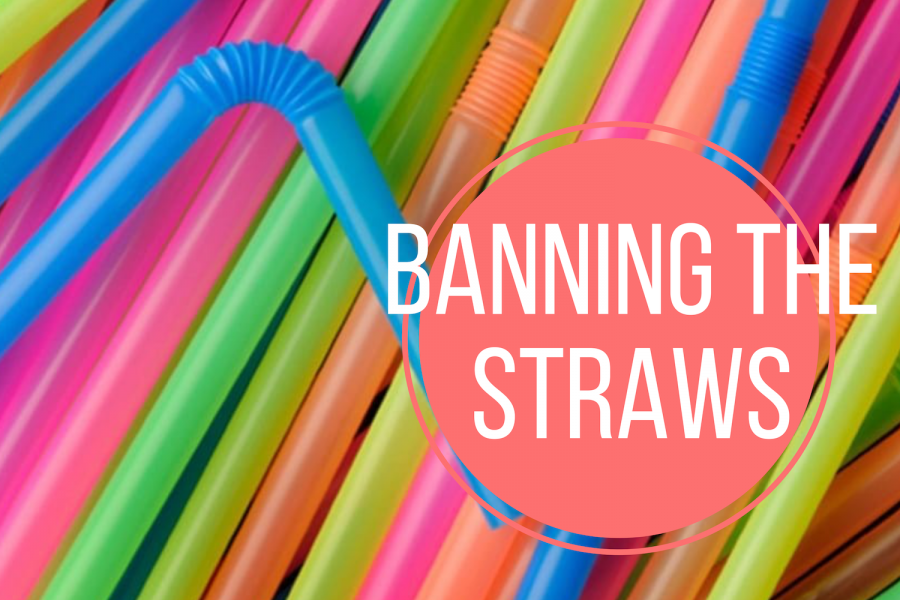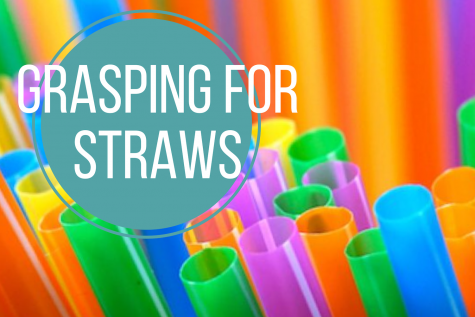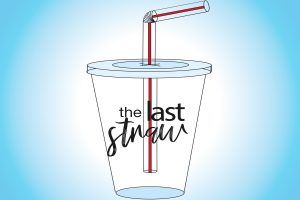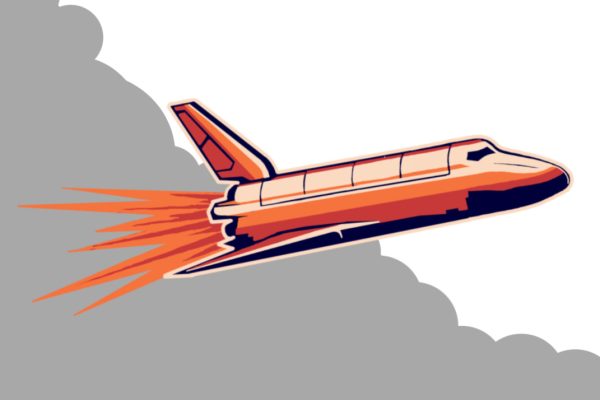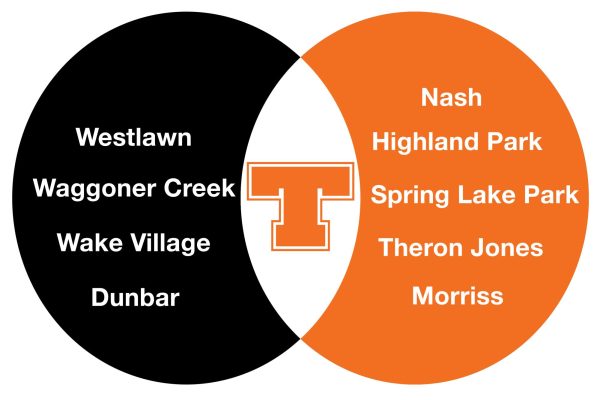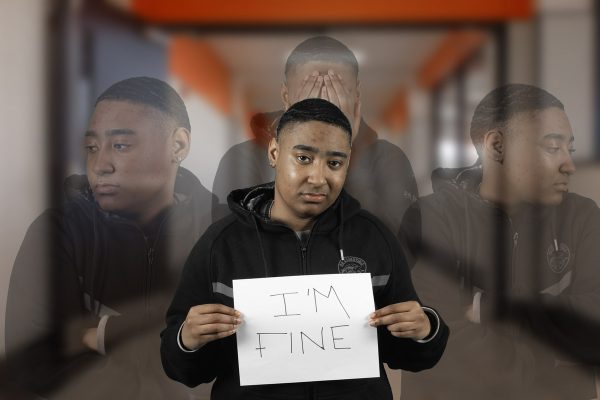Ban on straws will be positive step in creating clean environment
October 10, 2018
People suck. That’s because people use straws. They have become a staple in today’s society. I go to class and see people using plastic straws with their drinks from breakfast, then again during lunch. They seem quite harmless, being only a thin tube of plastic, but each one used is another dangerous weapon harming marine life. According to the U.S. National Park Service, over 500 million straws are used every day in the U.S. Most end up in the ocean.
The Stop Sucking movement — started by the Lonely Whale Foundation — takes action against plastic pollution, beginning with something as simple as a straw. Together, we can all say this is the last straw.
Smaller plastic items, such as straws, get entangled in the animals, injuring them in the process. A viral video depicted a sea turtle after a straw had gotten lodged in its nose. Endangered species, including sea turtles, are affected severely by a non-necessity.
Many companies have accepted the #stopsucking movement and gave up using straws. Those companies include big names like Starbucks, American Airlines and UK McDonald’s. The city of Seattle even gave up using plastic straws for the entire month of September last year.
Some companies have been creating their own alternatives. Simply Straws, for example, is known for creating reusable glass straws. These straws are durable, recyclable, nontoxic and come with a lifetime guarantee. Another corporation is FinalStraw, the world’s first collapsible, reusable straw. They are portable, stainless steel and able to fold to fit in a small case made of recycled plastic.
One major concern of banning plastic straws is what people with disabilities will use. People with disabilities need plastic straws if they have muscle weakness or paralysis, swallowing problems, or involuntary movements. There has been a huge debate between disability rights activists and environmentalists over this topic.
Fortunately, there are options of reusable straws for the physically disabled community. One example is silicone straws. These straws are very similar to plastic straws on terms of flexibility, but they are much softer and safer. They can be chewed easily without hurting teeth and last for many years.
Most people would ask, “Why don’t you just recycle plastic straws to reduce pollution?” Most of the time, it’s difficult to recycle straws. Their small size causes them to slip through cracks on trash conveyor belts, sending them to landfills. There also, aren’t many straw-recycling facilities, so most of the time, straws end up in landfills anyway.
Plastic straws are just auxiliary. We do not need them to live, but they are treated as a necessity. They cause pollution and damage to the world we call home. I know that banning straws will not clear entire landfills of plastic and garbage, but it’s a way to open the gates to a beautiful environment.


